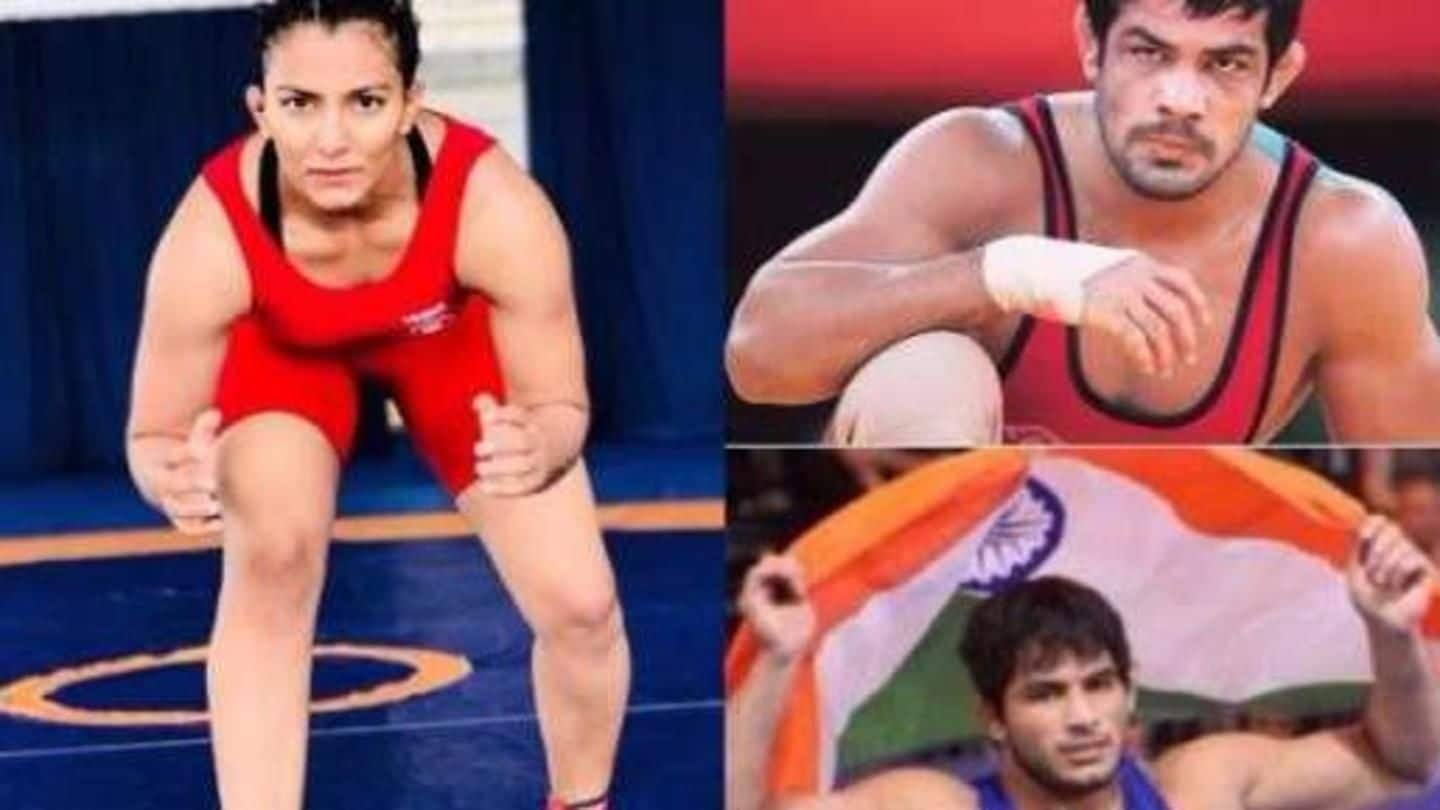
Haryana wants to slash cash rewards of players representing organizations
What's the story
After Haryana's controversial notification demanding government-employed sportspersons to pay up 33% of their 'commercial' earnings, another similar matter has riled the state's players.
Officials are defending the government's proposal to slash cash rewards for Haryana's international medalists who represent not the state, but organizations like Railways and Army.
They are paid by their respective organizations anyway, officials asserted.
But it has outraged athletes.
Proposal
Here's what the state is proposing
According to the proposal made in April, the government "will deduct the prize money that (medalists) get from their employer, in case of any, from the total reward money" offered by the state, Haryana Sports Minister Anil Vij said.
Otherwise, the reward money for those who represent the state will be reduced, because the others will receive money from both the government and their organization.
Players
Players boycott CWG felicitation ceremony in protest
Protesting the proposal, Commonwealth Games (CWG) medalists Vinesh Phogat, Neeraj Chopra and Manoj Kumar threatened to boycott a felicitation ceremony in April, which was eventually canceled.
Of Haryana's 22 medalists this year, only nine represented the state; 13 played for organizations. The government was to felicitate all.
Haryana rewards Rs. 1.5cr for a CWG gold, Rs. 75L for silver and Rs. 50L for bronze.
Status
'Haryana pays players the highest award money among all states'
Vij, who said he had "sent the (proposal) to the CM" today, claimed the present policy doesn't allow for cash rewards to players representing organizations anyway.
"It was only because we felt sportspersons from Haryana representing other institutions will feel disheartened with the disparity that we went beyond our policy to accommodate them."
Sources said the consensus is with Vij. A decision is pending.
History
Haryana forced to withdraw controversial notification earlier
Earlier this month, the government notified a rule demanding government-employed sportspersons pay up 33% of their 'commercial' earnings.
The order sought the money from players' income from professional sports and commercial endorsements, for development of sports.
Unsurprisingly, this had riled top players, who pointed out they already pay taxes on money they win in competitions.
Amid backlash, the notification was soon put on hold.